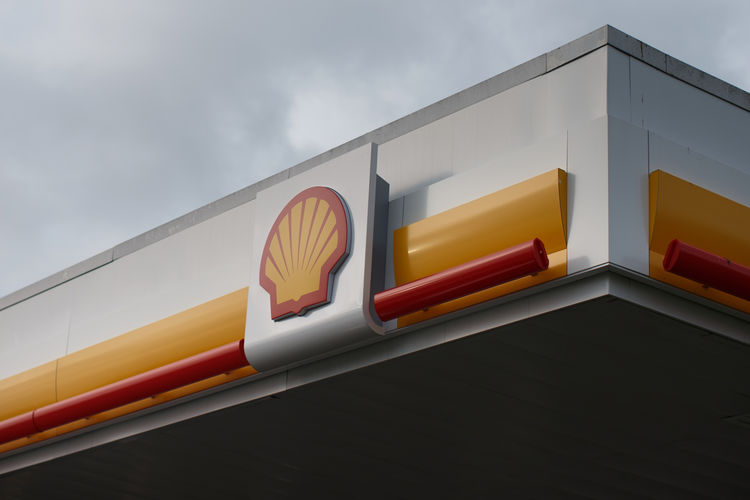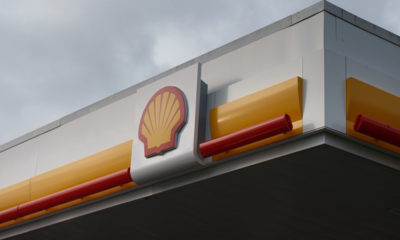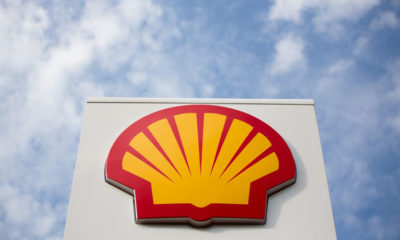- Shell Increases Contractor Support Fund to $2.4bn
Shell Petroleum Development Company of Nigeria Limited says it has increased the size of its contractor support fund by $200m in a bid to boost the financial capacity of vendors and suppliers in Nigeria’s oil and gas industry.
The oil major said in a statement on Sunday that with the latest move, the fund size had risen to $2.4bn.
The Director and General Manager, Government and Business Relations, SPDC, Bashir Bello, was said to have signed the $200m Memorandum of Understanding with the United Bank for Africa Plc in Abuja on Friday.
Bello described the initiative as a product of the continuous effort by the SPDC and its joint venture partners – the Nigerian National Petroleum Corporation, Total and Agip – to enhance Nigerian content and local participation in the nation’s oil and gas value chain.
According to the statement, the fund provides support for contractors to finance projects executed for Shell companies in Nigeria in line with the aspirations of the Nigerian Content Act.
It said that to access the fund, the contractors must have a valid purchase order and meet the bank’s risk assessment criteria.
Bello said, “Findings indicate that lack of access to capital hinders many Nigerian companies from competing for and executing contracts effectively.
“This funding will enable us to achieve our community content ambition of increasing participation of host communities in the SPDC value chain.”
The General Manager, Energy Bank of UBA, Ebele Ogbue, said the bank was committed to providing support to Nigerian companies through its partnership with SPDC JV.
Ogbue, who signed the MoU for UBA, commended the community content efforts of Shell companies in Nigeria, noting that the bank was ready to provide the needed financial backing that would empower Nigerian companies to play more active roles in the country’s energy sector and beyond.
The Shell Contractor Funding Scheme started in 2011 with the Shell Kobo Fund, which gave rise to the Shell Contractor Support Fund in 2012.
The company said that the scheme had been redesigned to address the current economic exigencies and to align it with stakeholder needs by merging the two initial initiatives.
It added that in 2016, Shell signed a $2.2bn MoU with seven Nigerian banks that had since then disbursed around $1.5bn loans to about 372 small and medium-sized Nigerian suppliers and vendors in the oil and gas industry.

 Forex3 weeks ago
Forex3 weeks ago


 Naira2 weeks ago
Naira2 weeks ago
 Billionaire Watch2 weeks ago
Billionaire Watch2 weeks ago




 Naira2 weeks ago
Naira2 weeks ago




 Naira2 weeks ago
Naira2 weeks ago




 Naira1 week ago
Naira1 week ago




 Naira4 weeks ago
Naira4 weeks ago




 Naira3 weeks ago
Naira3 weeks ago
















